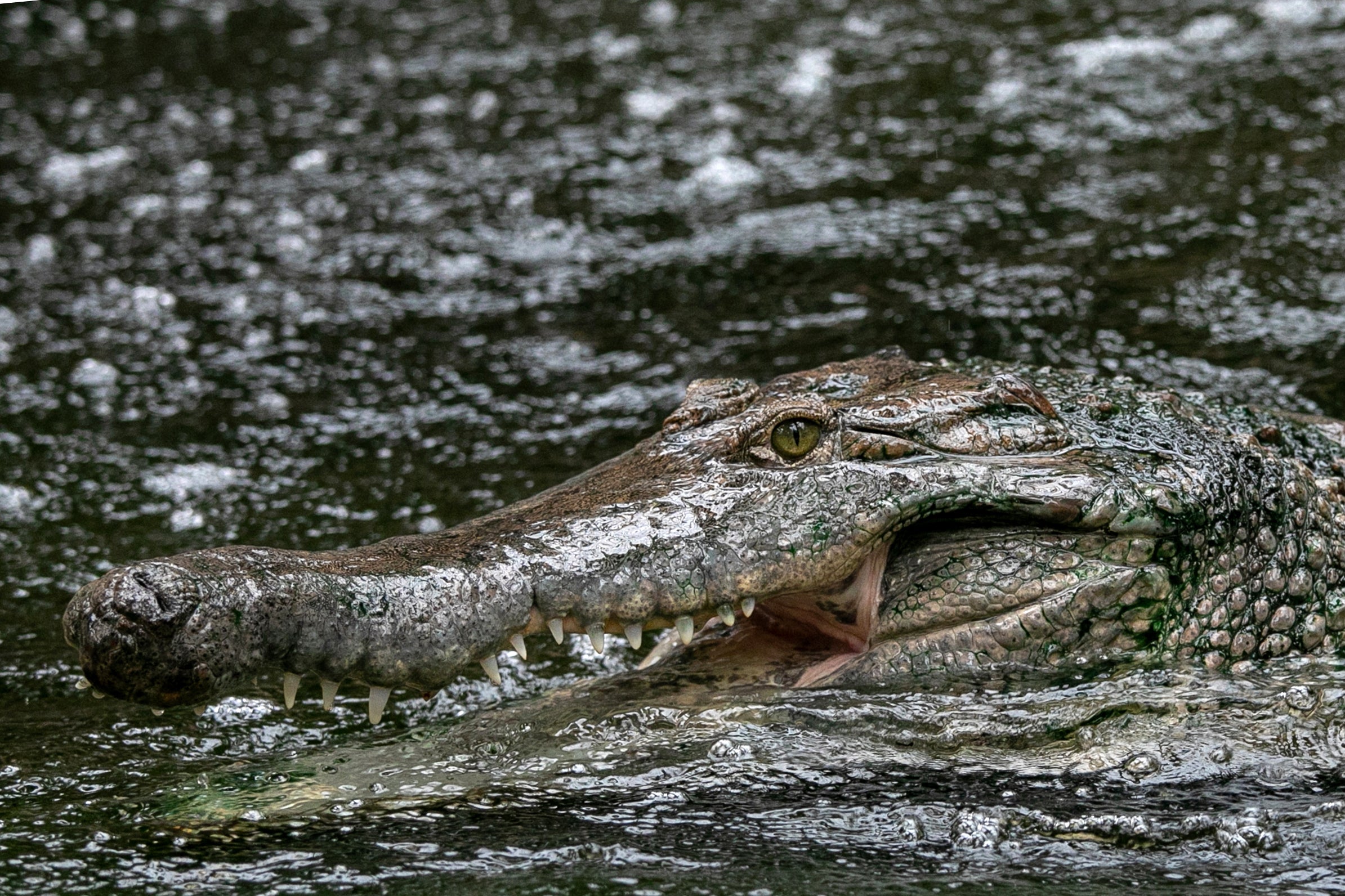Crocodile bites and volcanic eruption injuries treated by NHS in last year
Lawnmowers and fireworks also responsible for hundreds of wounds

Your support helps us to tell the story
From reproductive rights to climate change to Big Tech, The Independent is on the ground when the story is developing. Whether it's investigating the financials of Elon Musk's pro-Trump PAC or producing our latest documentary, 'The A Word', which shines a light on the American women fighting for reproductive rights, we know how important it is to parse out the facts from the messaging.
At such a critical moment in US history, we need reporters on the ground. Your donation allows us to keep sending journalists to speak to both sides of the story.
The Independent is trusted by Americans across the entire political spectrum. And unlike many other quality news outlets, we choose not to lock Americans out of our reporting and analysis with paywalls. We believe quality journalism should be available to everyone, paid for by those who can afford it.
Your support makes all the difference.Crocodile bites, snake attacks and volcanic eruptions were among the more unusual causes of injuries treated by the NHS in England over the last year.
Three victims of lightning and 490 lawnmower mishaps are also detailed in newly released data on hospital admissions from March 2019 to March 2020.
Some 154 people were admitted to hospital for injuries caused by the misfiring of a firework, while more than 1,000 people were treated after slipping on ice or snow.
A total of 19,663 people were admitted to hospital following a bite from an animal, including 10 who were "bitten or struck by crocodile or alligator".
Rat bites were responsible for 48 hospital admissions across England, and 47 people were treated after contact with venomous snakes and lizards.
Scorpions were blamed for another 10 consultations, and more than 60 people were admitted to hospitals in England after encounters with venomous spiders.
Five people were treated for injuries from "volcanic eruption", the data shows.
There were 4,489 falls involving ice-skates, skis, roller-skates or skateboards which were serious enough to warrant hospital treatment.
Jo Bullock, head of awareness and education at the Royal Society for the Prevention of Accidents, said: "The publication of hospital admission figures always serves to remind us of the breadth of accident types that can result in an injury so severe that admission to hospital is required.
"In among the stranger entries in the database are some worrying trends that serve to highlight the accident challenges that we face.
"Total accident-related hospital admissions are increasing, rising to more than 800,000 in 2019/20 in England alone, with falls accounting for nearly 490,000 of these admissions.
"Accidents are preventable.
"In the midst of the excitement of Christmas, particularly for those who will be spending time with loved ones for the first time in many months, we'd urge people to spare a thought for safety so the celebrations are not cut short by an accident that could have been prevented."
The data was logged by medics working in hospitals across England and released by the NHS to provide an insight into the more unusual injuries treated by the health system, which has cared for almost 200,000 Covid-19 patients while also tackling a backlog caused by the pandemic.
Health bosses have stressed hospitals remain "open for business" while they deal with coronavirus and have encouraged people to seek help when they need it.



Join our commenting forum
Join thought-provoking conversations, follow other Independent readers and see their replies
0Comments